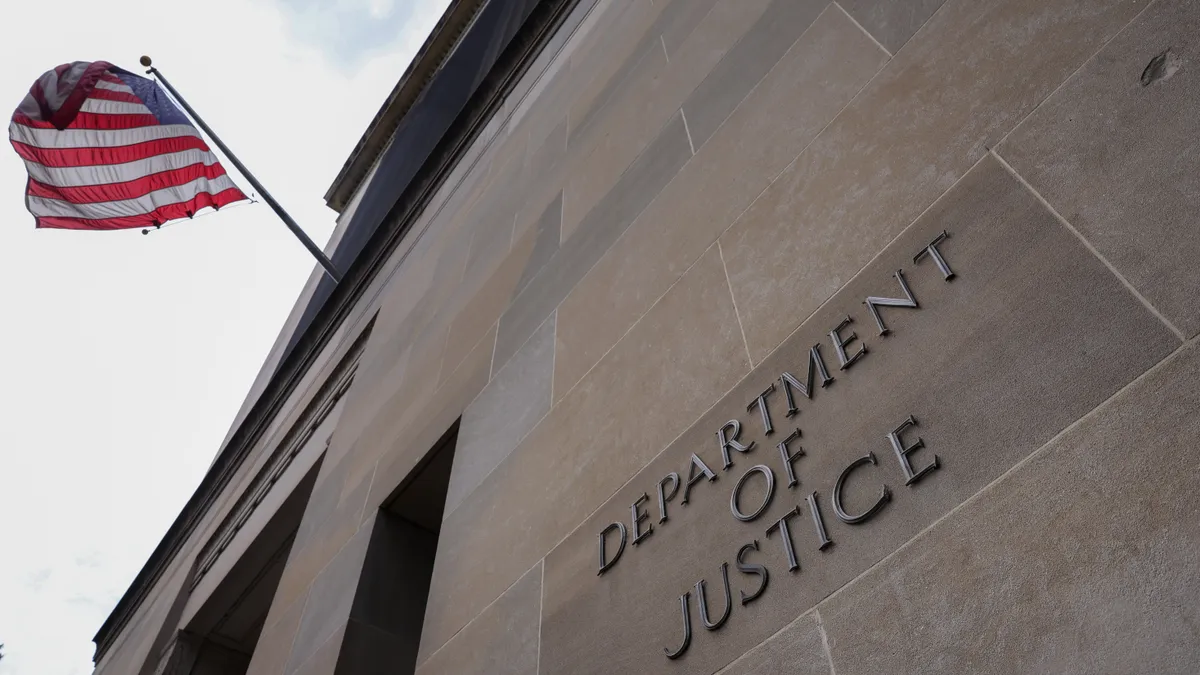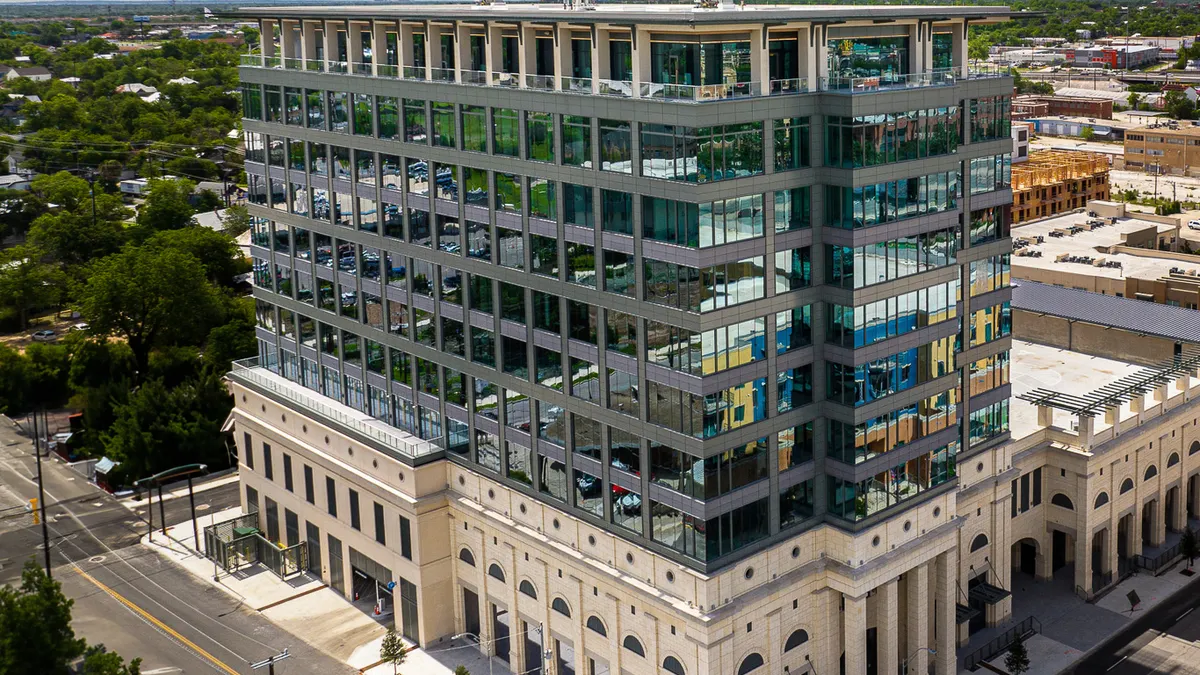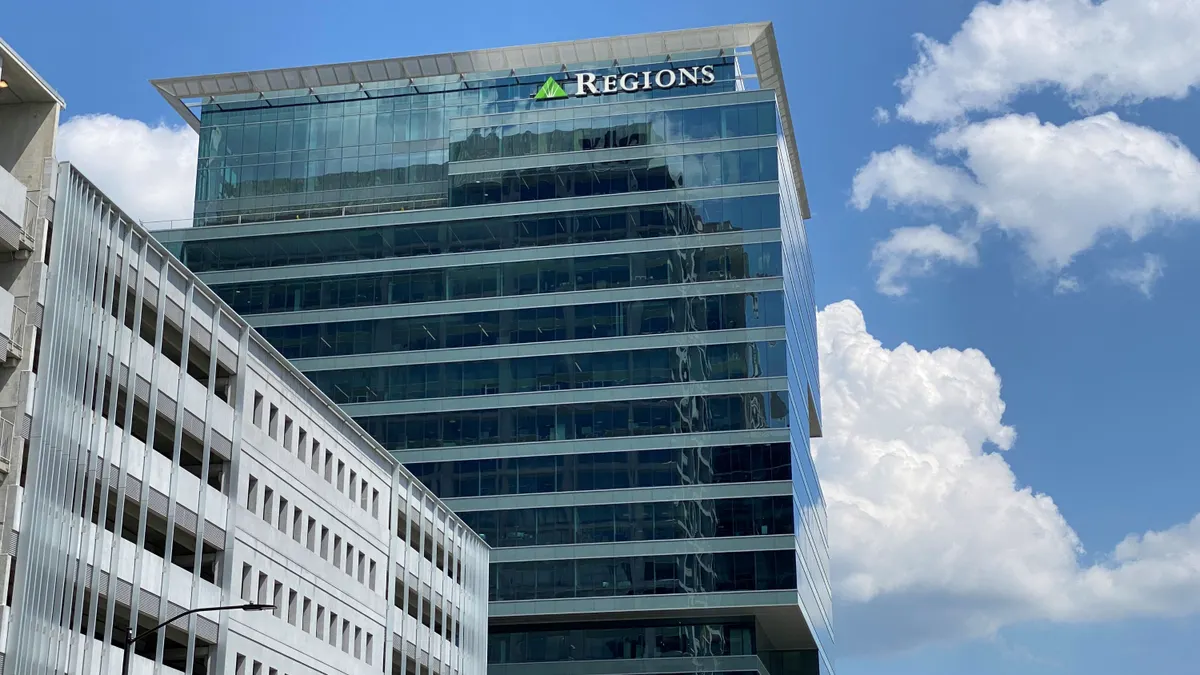Fairway Independent Mortgage Corp. will pay $8 million and a $1.9 million civil money penalty to resolve redlining allegations, the Justice Department and Consumer Financial Protection Bureau announced Wednesday.
The settlement is part of the DOJ’s ongoing Combating Redlining Initiative, which has put discriminatory lending in focus with 15 redlining settlements in the last three years.
“This settlement, and the over $150 million in relief the Justice Department has secured for communities across the country through our Combating Redlining Initiative, will help to ensure that future generations of Americans inherit a legacy of home ownership that they too often have been denied,” said Attorney General Merrick Garland in a prepared statement.
“This case is a reminder that redlining is not a relic of the past, and the Justice Department will continue to work urgently to combat lending discrimination wherever it arises and to secure relief for the communities harmed by it,” Garland said.
The DOJ and CFPB allege that Fairway – the fourth-largest loan originator, per Bankrate – discouraged residents of Black neighborhoods in Birmingham, Alabama from applying for mortgage loans and redlined members of the community through its marketing and sales tactics.
Between 2018 and 2022, just 3.7% of Fairway’s applications were for properties in majority-Black neighborhoods, compared to 12.2% for the lender’s competitors. In neighborhoods comprised of 80% or more Black residents, Fairway made loans at an even lower rate – less than one-eighth the rate of its competitors, the DOJ alleged, citing Fairway’s own data.
Additionally, between 2015 and 2022, all of Fairway’s Birmingham-area retail loan offices were in majority-white areas. Its marketing – more than 97% of it – was directed to these areas, the DOJ said, and the firm failed to incentivize loan officers to better serve neighboring Black communities.
But Fairway said in a press release that while it was aware of the agencies’ investigation, the government didn’t provide detailed allegations to the firm until after a settlement was reached.
“The complaint significantly mischaracterizes the matter at issue and appears to be intentionally inflammatory in nature,” Fairway said. “For one, the complaint characterizes Fairway's actions as willful and reckless, a claim that was mutually rejected by the parties prior to settlement.”
“In addition, the complaint characterizes Fairway’s actions as willful and intentional, despite the government agencies’ failure to identify any evidence to support such a claim,” the firm said. “Fairway is disappointed by these statements in the complaint, which suggest bad faith by the part of the government agencies.”
Fairway alleged that the CFPB and DOJ refused to consider in their investigation that Fairway “took more loan applications and made more loans, in terms of number of loan units, in majority-Black census tracts than any other non-bank lender” within Birmingham.
The government agencies also refused to consider, according to Fairway, the firm’s lending activity “among residents of majority-Black census tracts who may have chosen properties outside of their neighborhoods and elsewhere in the Birmingham MSA, which indicates the government’s preference for furthering racial segregation.”
Still, Fairway will now provide $7 million for a loan subsidy program to offer loans in these neighborhoods and invest $1 million more in programs to support the loan subsidy fund. The $1.9 million civil penalty will go to the CFPB victims relief fund.
A Fairway spokesperson said the firm had no comment beyond its press release.
This is the third redlining case jointly addressed by the DOJ and CFPB.
Just last week, Exton, Pennsylvania credit union Citadel Federal became the first credit union to be penalized by the DOJ in its pursuit of financial institutions that have avoided providing credit services to individuals living in primarily minority communities due to the race, color, or nationality of residents within those communities.
Citadel agreed to pay $6.5 million to resolve the allegations, weeks after Red Bank, New Jersey-based OceanFirst Bank agreed to pay $15 million to resolve its own redlining allegations. Westerly, Rhode Island-based Washington Trust also paid the DOJ money to resolve redlining allegations last month to the tune of $9 million.





















